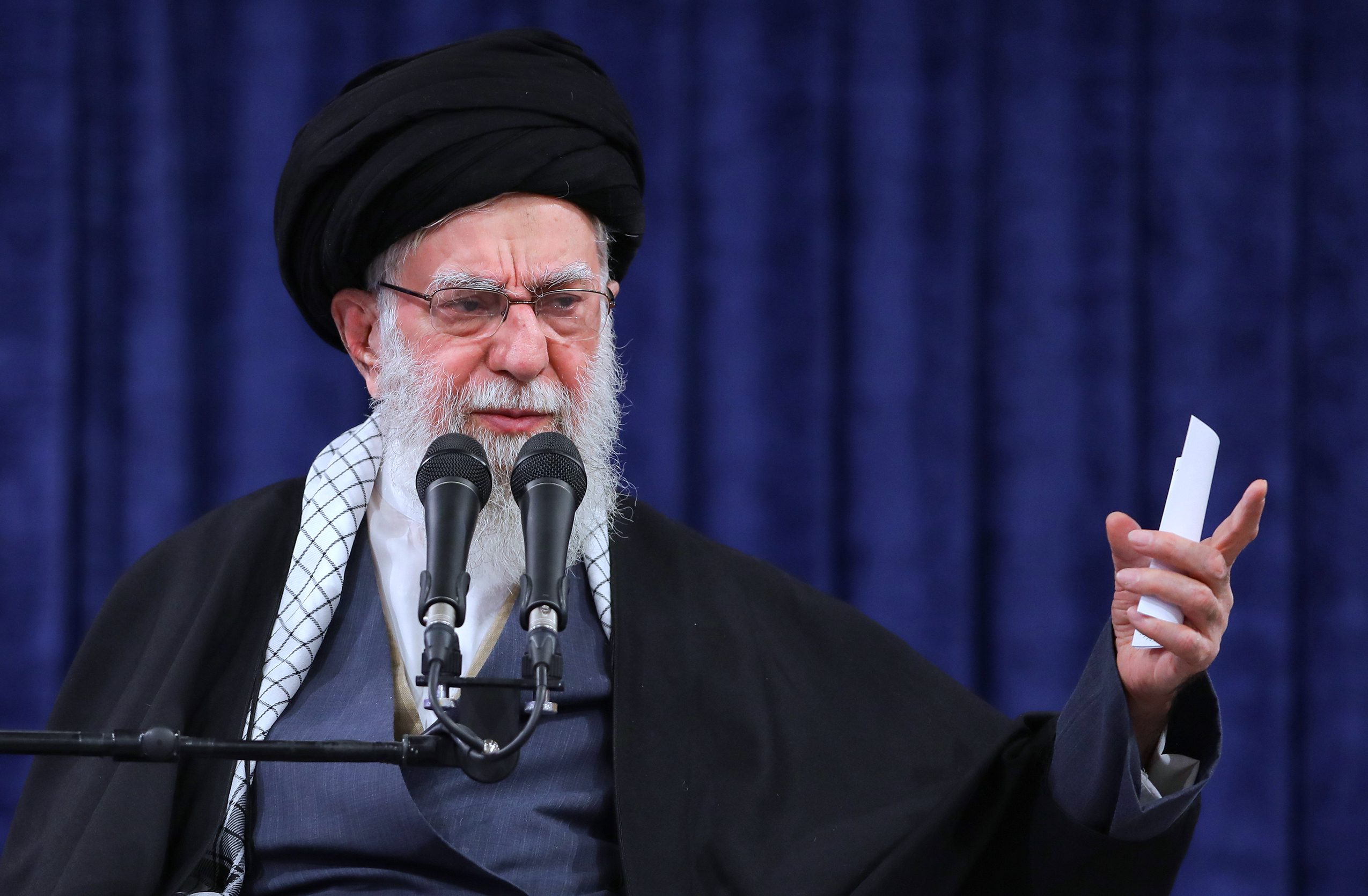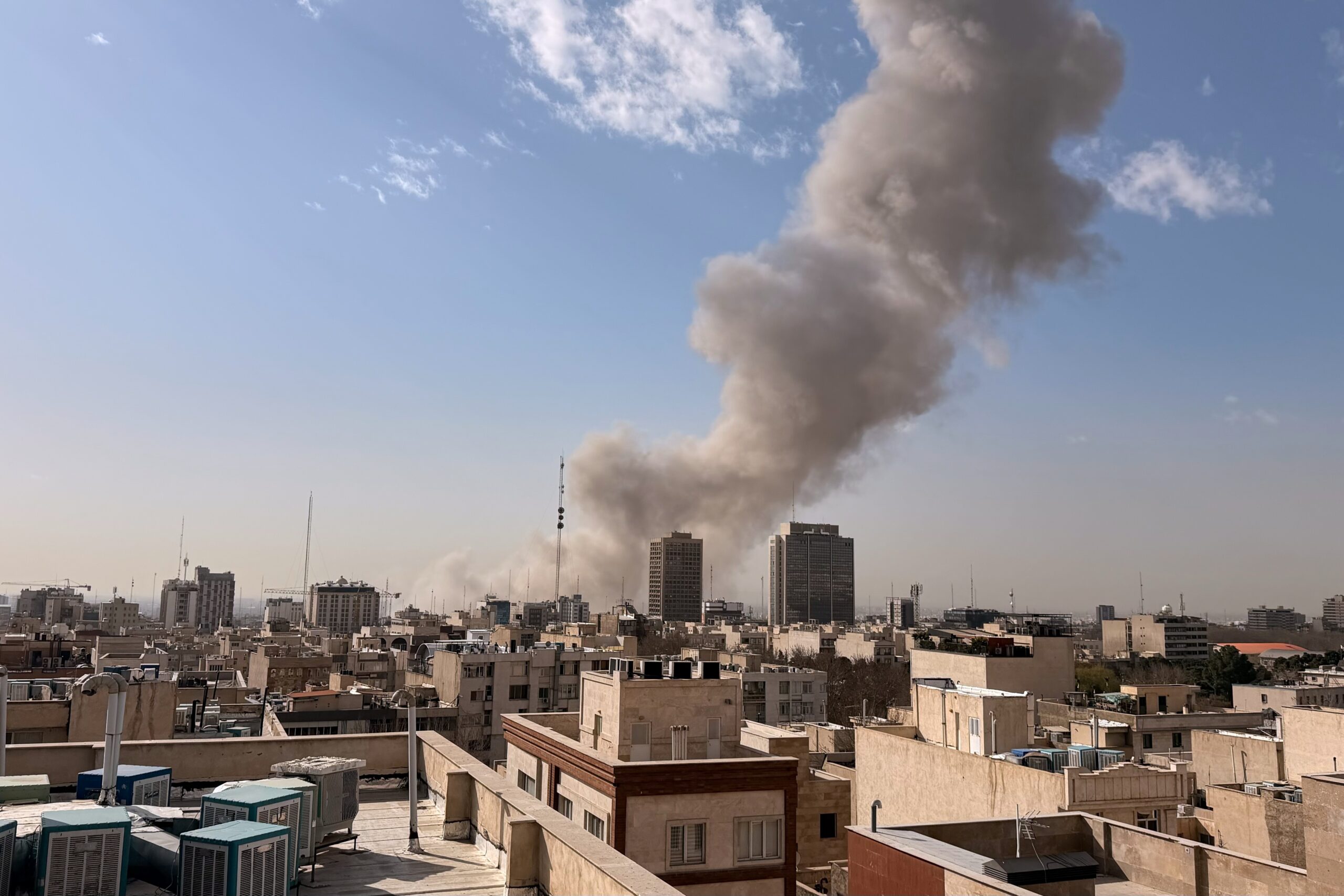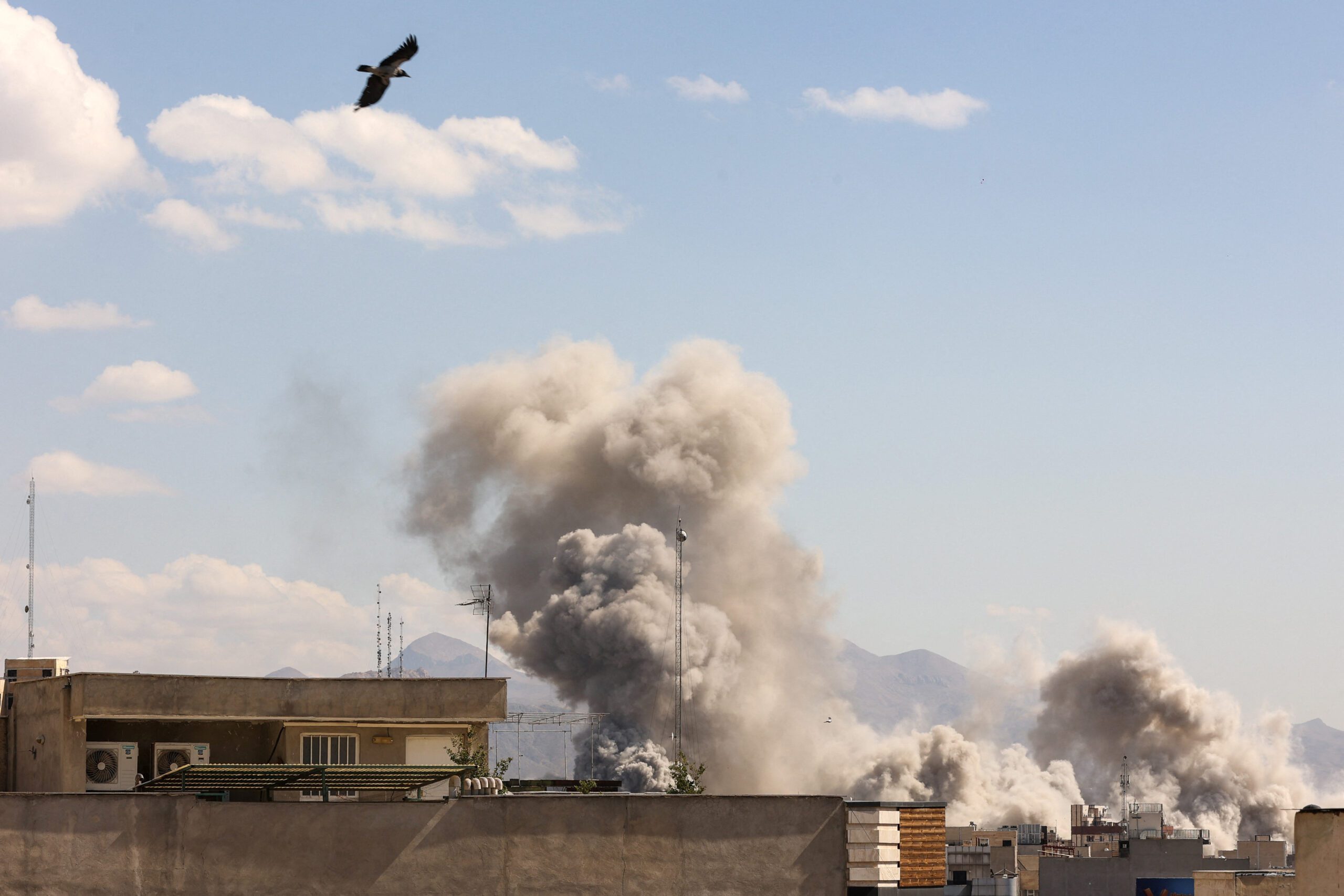Oct 18, 2022
IRGC Chief Warns Saudi Arabia to Restrain Media Broadcasts to Iran
The October 18 edition of the Iran Media Review considers warnings to foreign media broadcasts to Iran.
A recently launched Islamic Revolutionary Guard Corps war game in Iran’s East Azerbaijan province was originally designed to message Tehran’s readiness to defend Armenia against Azerbaijan’s military advances in the Iran-Armenia border area. However, the focus of IRGC Chief Commander Major General Hossein Salami’s address at the war games was foreign media broadcasts to Iran. Salami primarily warned Saudi Arabia and, to some extent, the United States of consequences for, as the regime perceives it, inciting protests in Iran.
Salami’s concerns are real: Tired of Iran’s state-censored media, and enabled by technology, the Iranian public is increasingly turning to Persian-language foreign media broadcasts to Iran. For the time being, the London-based, and reportedly Saudi-funded, Iran International Persian-language television appears the most popular foreign broadcaster to Iran.
In his address, Salami claimed foreign powers turned to propaganda warfare after being defeated by Iran “on the ground.” Iran could have won the domestic audience by loosening the tight censorship, but incapable of or unwilling to do so, and defeated by Iran International television in propaganda warfare, Iran could very well turn to using force against Saudi Arabia.
- October 17: Discussing the media threats to the Islamic Republic, Salami said, according to the Islamic Republic News Agency: “The media activism of the enemy is proof of defeats dealt to them by Islamic Iran on the ground. This is why the enemy has chosen to fight Iran in cyberspace. They want to alienate the youth from Islam, history, and the regime, but in this realm too they have been defeated and these debacles continue … By ignoring the media mayhem, the youth of Islamic Iran gave a good answer. A few were deceived but will soon understand the realities. They must pay attention that the world-devouring America is intervening in the internal affairs of the Islamic Republic of Iran. It has sanctioned medicine and foodstuffs of our people and forced the world to do so. They don’t at all think of the freedom of the Iranian people, and our honor is of no importance to them.” Turning to Saudi leaders, Salami said: “They are overtly provoking our youth. I urge them to restrain their media. Otherwise, they will be harmed by it. They should know that they have entered this issue and know that they are vulnerable and ought to be careful.”
The views represented herein are the author's or speaker's own and do not necessarily reflect the views of AGSI, its staff, or its board of directors.


















